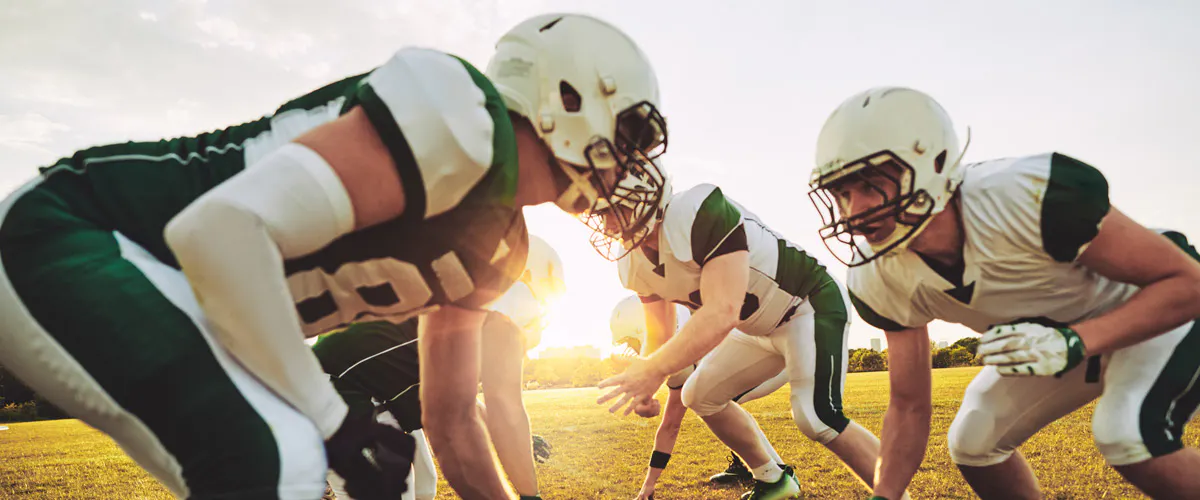Clinical professor lends expertise to keep players safe during hot temperatures
The safety of high school sports teams playing outside in the summer heat remains a concern for many.
In a WMAZ article, Bud Cooper, a clinical professor in the department of kinesiology, highlighted the latest policies he helped advise for the Georgia High School Athletic Association (GHSA) concerning high school players practicing in the heat.
"Each level there are gradients of what you can or cannot do, the length of practice is allowed, how many rest breaks allowed, how many hydration breaks you have to have and the length of those breaks," said Cooper. "It's very clear cut. You can't misconstrue about any of those."
Almost 10 years ago, GHSA updated the association's guidelines, setting rules on when and how high schools can practice during high heat and humidity. By measuring the Wet Bulb Globe Temperature (WBGT), high school coaches can assess how the environment, especially in hot climates, may affect individuals participating in activities.
WBGT is similar to heat index, but measures more components including radiant heat and the effect of the sun shining on and heating up surfaces.
"We need to take that into account when we're thinking about individuals engaged in activity in the outside world," said Cooper, who has been studying trends in heat illness for three years to help set the GHSA guidelines.
According to current GHSA rules, if WBGT is between 90 and 92, practice can't last longer than an hour, players can't wear protective equipment and coaches must give players 20 minutes of rest breaks during that hour. If WBGT is above 92, coaches must cancel practice.
Cooper added that GHSA also requires that a cold tub is available on site for players if the WBGT is over 86. "So, in the event that an athlete does collapse, succumb into heat stroke, whatever it might be, they have a cold tub right there—50 degrees—immerse them in there, and the individual stays there until their body temperature is below 102," Cooper said.
According to the policy, if schools violate those rules, they can be fined $500 to $1,000.
